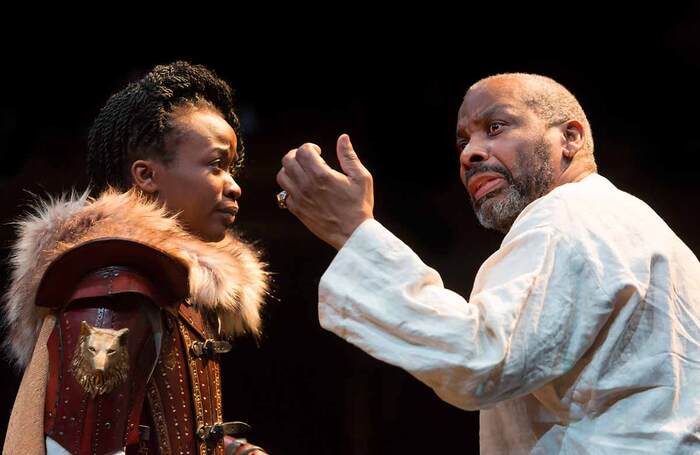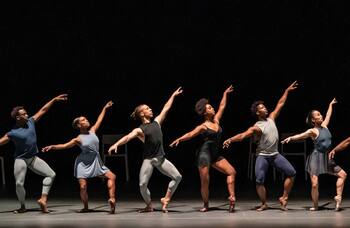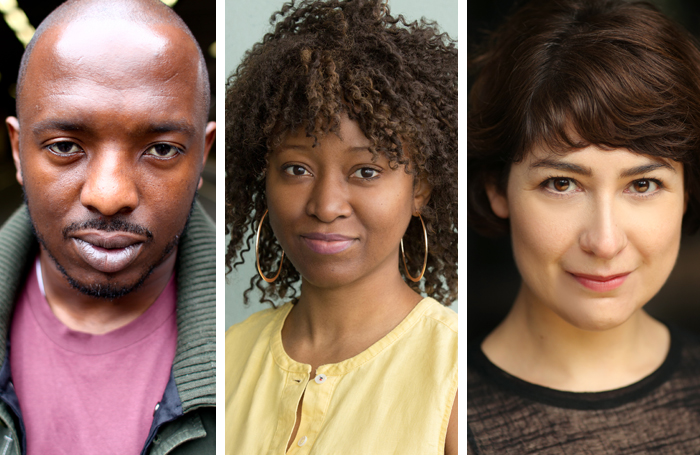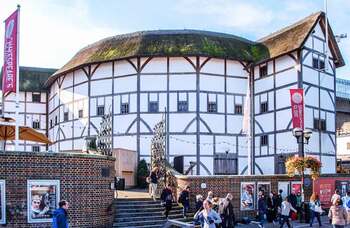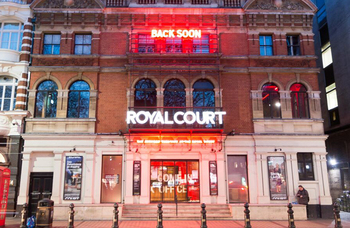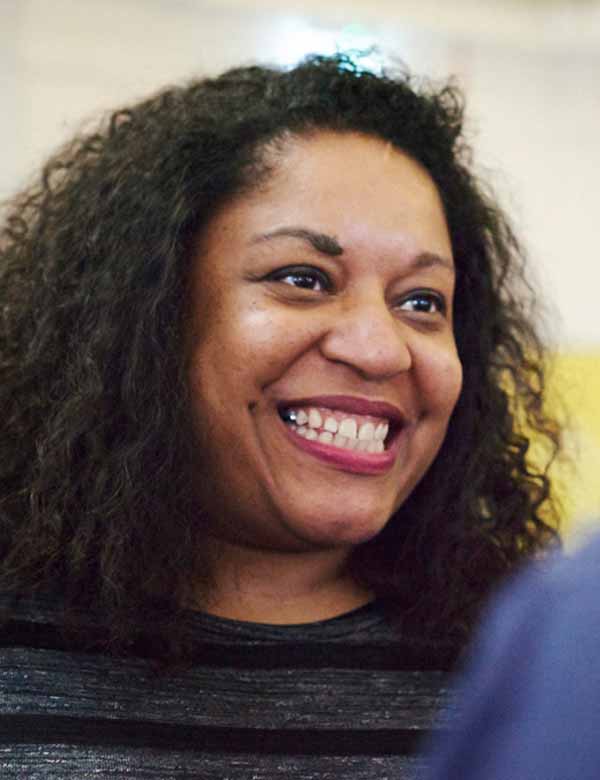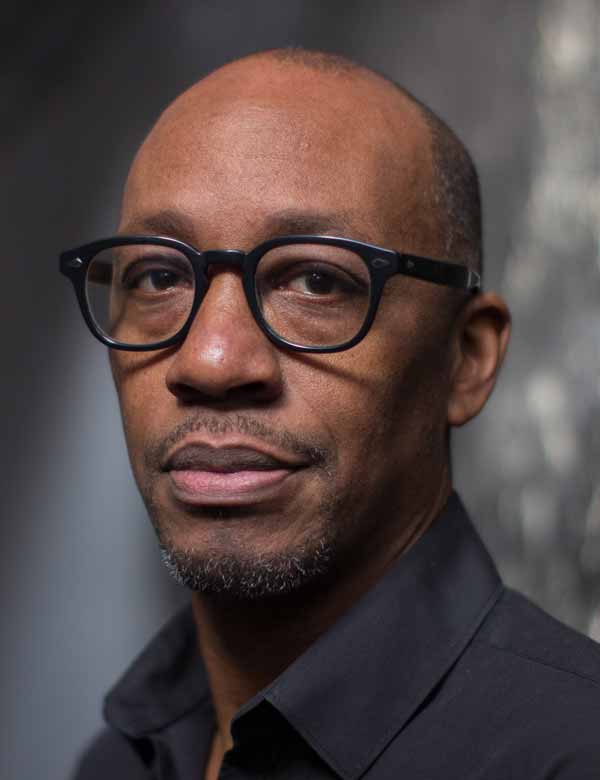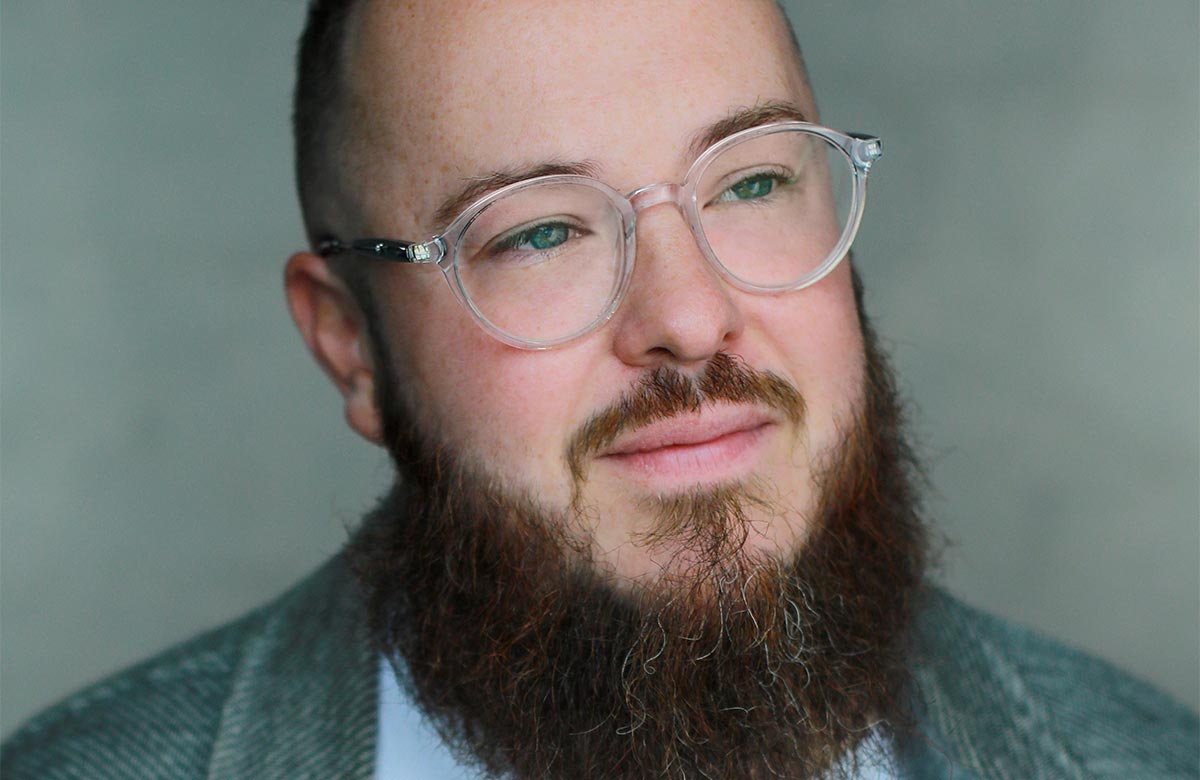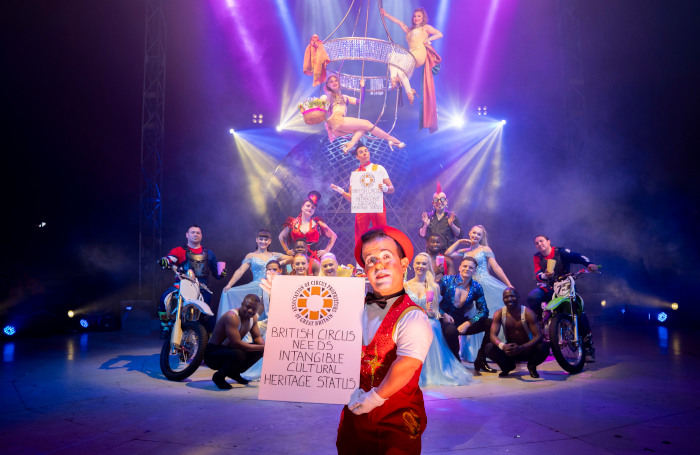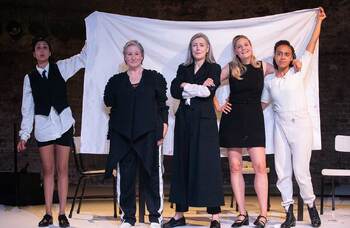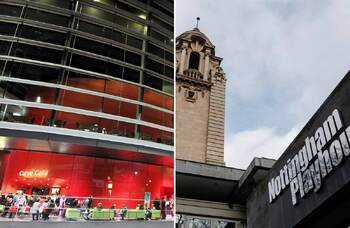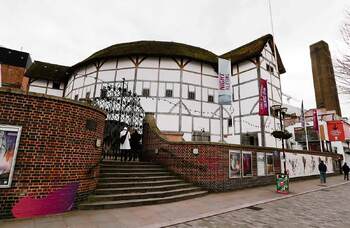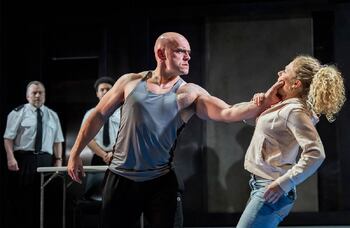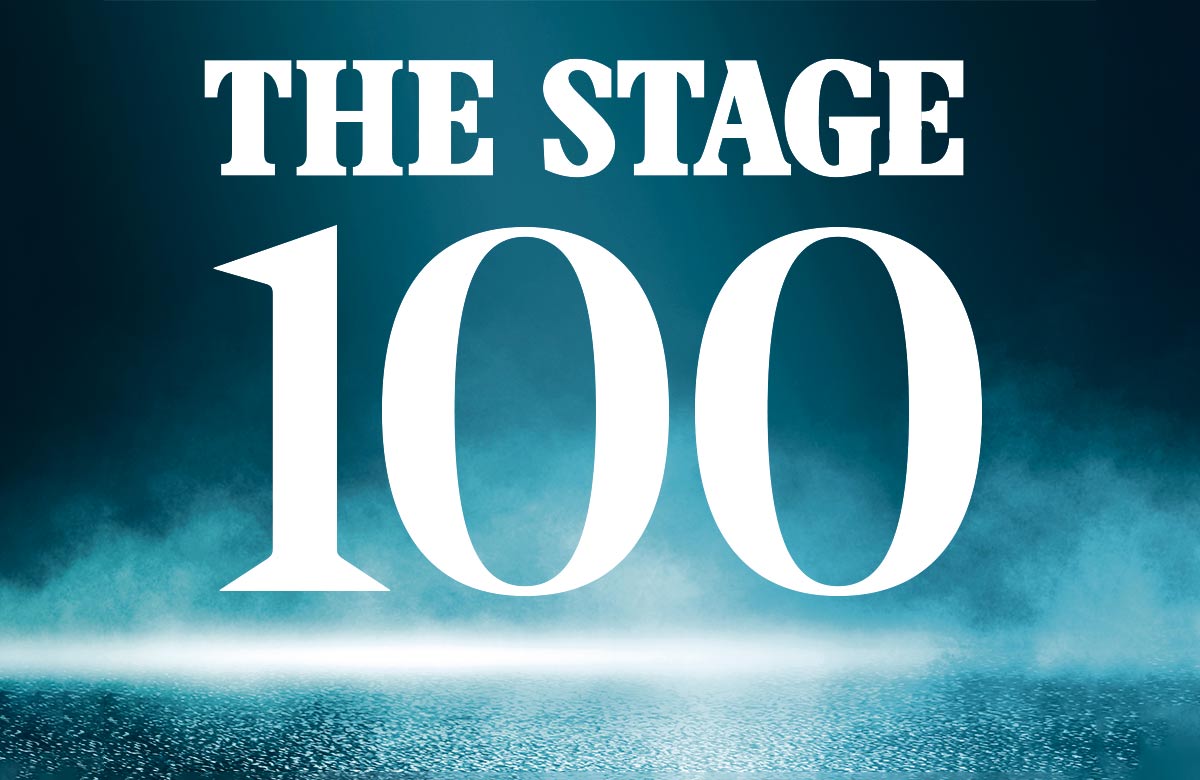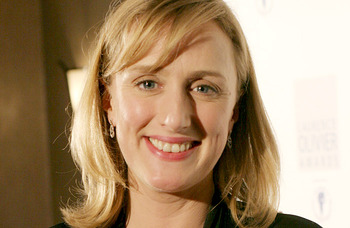Talawa: To build back better, theatre must empower Black artists and leaders
While the arts sector looks to reinvent itself as it recovers from Covid-19, Talawa’s Michael Buffong and Carolyn ML Forsyth argue that progress can only be achieved through frank conversations about entrenched racism and privilege
The soul-searching of 2020 and the movement towards being anti-racist – rather than simply not racist – has made very clear that post-pandemic rebuilding in the arts must involve answering the questions raised by Black artists and communities around their sense of belonging in Britain.
In this context, Talawa and other Black theatre organisations are more important than ever: we need power in the hands of Black leaders and decision-makers in theatre.
We want the arts industry to read the room. The time for diplomacy on the part of organisations like ours, when talking about race and racism, is over. We want our partners to work in ways that are anti-racist, which means tackling unthinking discrimination and privilege, and accepting that these actions and practices will require a very real step change.
At Talawa, artists tell us that they don’t have to explain, justify or fight to be heard. But does that mean they have to fight to be heard or to justify themselves elsewhere?
As glass ceilings go, that’s a huge barrier in the way of Black artists experiencing the joy and pleasure of creating work. This situation also poses questions: which artists are allowed to fail, and are picked up again, and which aren’t? Or, which artists are asked to perform their trauma, and which aren’t?
Equating risk with race is a glass ceiling we will no longer bear – our experience shows that Black work sells
There is also a clear and present danger that as theatres reopen there will be an over-reliance on casting the same big names. We don’t want to miss the future Michaela Coel, Natasha Marshall or Paapa Essiedu.
Across communities, arts and culture, academia, scientific research, healthcare, schools and among pupils, the past 12 months has made the desire for change inescapable. We’re not alone in addressing this diversity of experiences, viewpoints and ways of being. Recent events have amplified that desire.
We know the future we want to see. Stepping back 20, 30, or 40 years in programming or casting decisions to satisfy a need for ‘normal’ hardens stereotypes and betrays future aspirations.
Equating risk with race is another heavy glass ceiling that organisations like ours will no longer bear. Our experience shows that Black work isn’t risky – Black work sells. Our record across 35 years of sold-out houses for classic and new work proves that. This is as true of other Black theatre organisations as Talawa. As an industry, we should be asking: who is coming and who isn’t, and why? We should all be reaching diverse audiences.
The reactions to our digital work demonstrate that there is a demand for digital content that talks about Black-lived experiences. Yet there is little Black work captured and streamed for all to see. There is a hunger to see our own narratives reflected authentically.
The industry must also go beyond entry-level programmes. Clear progression for Black creatives, producers and directors towards the West End and bigger stages cannot happen without meaningful pathways.
There has to be a concerted effort by commercial producers to work proactively with Black organisations, artists and creatives to programme Black productions.
At Talawa Firsts, our festival of bold, new Black work, we’ve seen that Black artists work comfortably across genres. Whether live performance, visual art, movement or digital, Black artists and creatives are breaking through silos. This experimentation is successful because we allow Black people to control their own narratives.
In organisations like ours, who holds power leads to material differences in the way participants, artists and communities are nurtured. We know that digital work attracts new audiences from anywhere in the world. King Lear: The Film and Tales from the Front Line showed us that clearly. So, we’re investing in digital. And we’re also putting community engagement and audience development at the centre of how we work because we see no difference between audiences and communities.
If there’s one thing the pandemic has made very clear, it’s that the civic role of theatres is vitally important, and having deep roots in the community is what sustains the lifeblood of cultural organisations. The Stage’s Future of Theatre discussions have highlighted that impeccably.
We know that many Black people are disproportionately affected by Covid-19 because of their precarious economic circumstances. The Ministry of Housing, Communities and Local Government’s own data of deprivation indices shows that Croydon, our home borough, is among the poorest in the capital and the country. The borough has a growing population of diverse Black people, including those displaced by gentrification in areas such as Brixton and Lewisham.
Theatres are vital – and having deep roots in the community sustains cultural organisations
Poverty overlaps and intersects with race, gender, education, health and many other vectors. The diversity of the Black population in the borough adds a further dimension, with recent arrivals living among more settled populations. We want to be the theatre company for them too.
With a clearer pathway out of the Covid restrictions emerging, we’re really looking forward to working with our local communities to understand what needs doing in the here and now.
Last year was transformative for Talawa. The team was expanded with appointments to focus on enhancing new work and community engagement, while it also marked the key recruitment of Elaine Banton as chair and the continuing development of the Talawa board.
This year marks Talawa’s 35th anniversary and ushers in a new era for the company: a focus on expansion, development and sector leadership, and holding space for Black work and Black artists. Alongside this, Talawa will continue to play a vital bridging role for other organisations, enabling diverse Black communities and artists to engage with them on equal terms.
Liberation, creativity and joy are what drive us. Talawa is here with a sense of openness and generosity and ready to work with those who share our optimistic vision of the future.
Joint chief executives Michael Buffong and Carolyn ML Forsyth are artistic director and executive director of Talawa Theatre Company, respectively
Opinion
Recommended for you
Opinion
Recommended for you
Most Read
Across The Stage this weekYour subscription helps ensure our journalism can continue
Invest in The Stage today with a subscription starting at just £7.99
